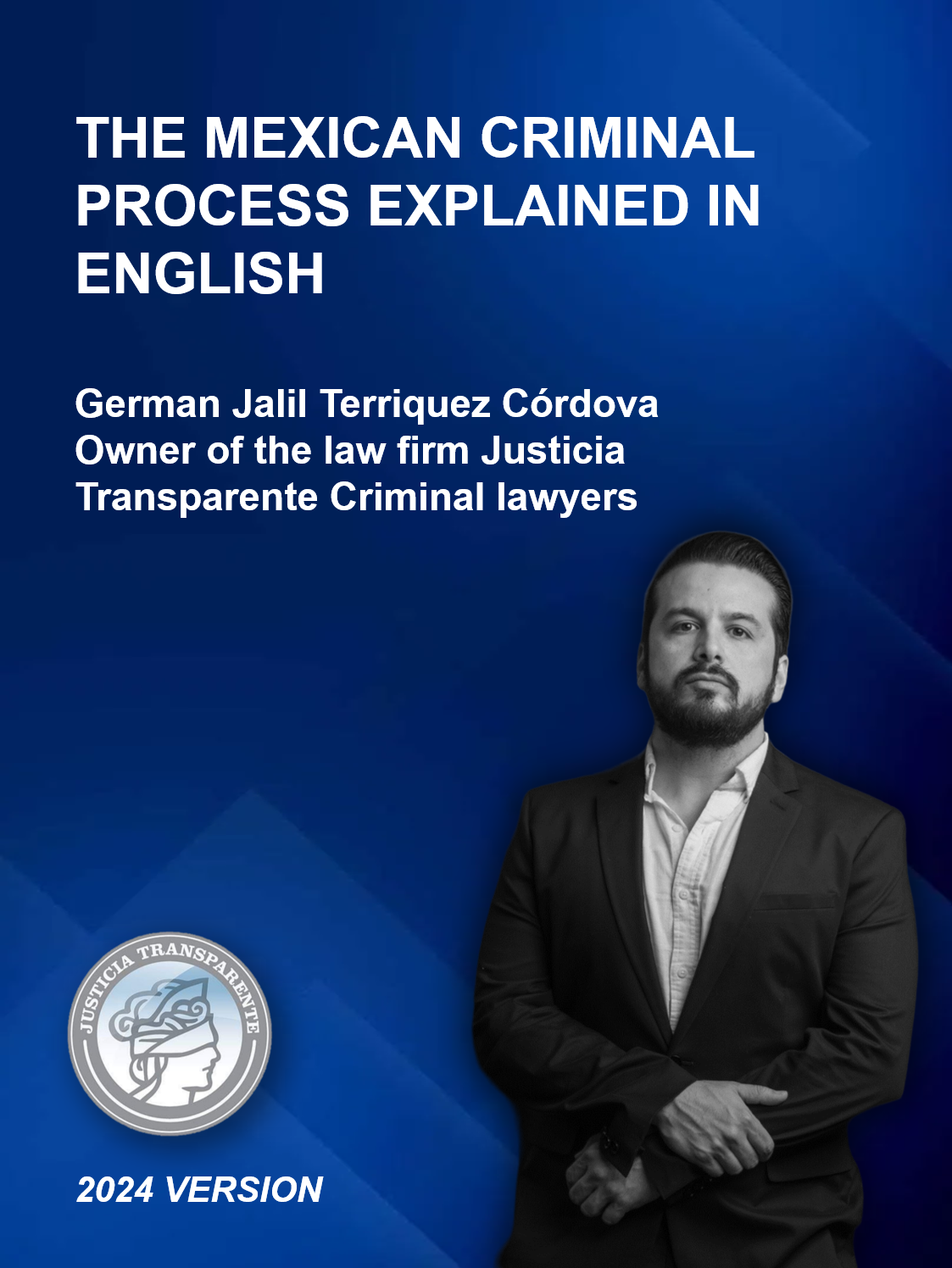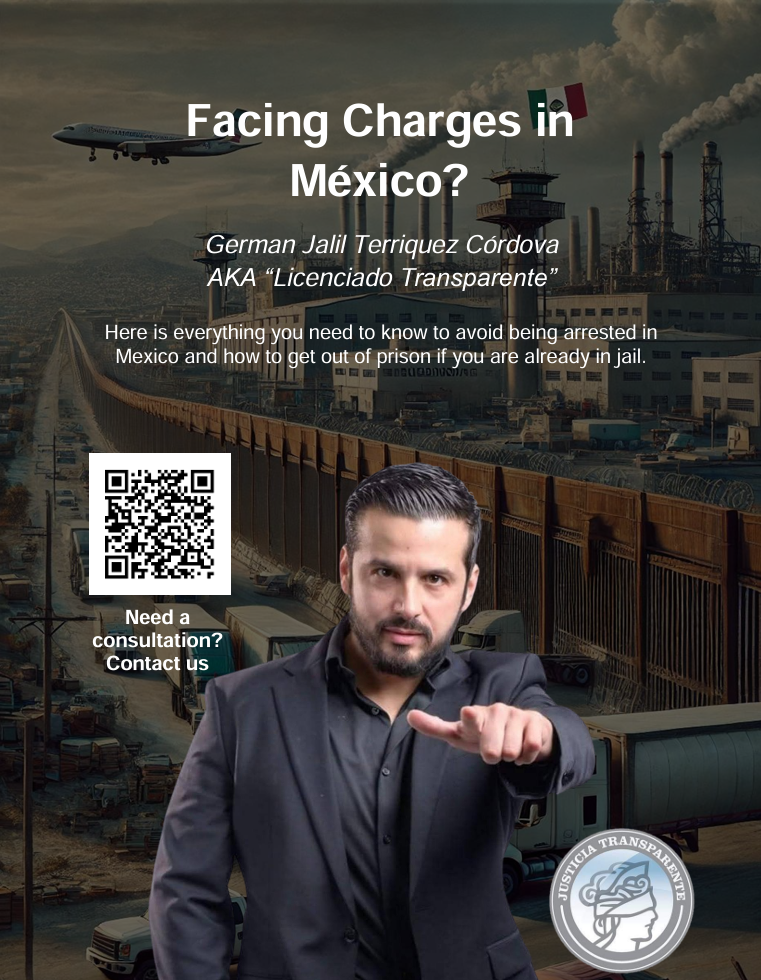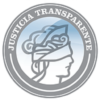
When a person is arrested in Mexico, they will be sent to the public prosecutor’s office for the first 48 hours. During this time, the decisions you make will be like the decision the doctor makes in the emergency room. Every hour and every movement can represent your freedom, or your imprisonment.
Follow the steps in this guide aimed at people living in the United States to obtain the best result during these stressful two days. It is important to mention that the situation of Americans detained in Mexico deserves special attention, since the fact of not living in Mexico generates problems to regain freedom in a simple way.
1.Immediately hire justicia transparente to make intelligent decisions for your defense in the prosecutor’s offices.
Remember that the public prosecutor wants you in jail and his defender wants you free, but why is it so important to have a defense lawyer with you from the beginning of your arrest? It turns out that in the investigation there are investigative acts that the prosecutor has to carry out immediately and it is important to verify that these are carried out respecting due process and your right to defense, since failure to do so may hinder a favorable resolution from the judge, these are some investigative acts that must be observed by your lawyer:
- The taking of samples of body fluid, hair or hair, blood extractions or other analogues, when the arrested person refuses to have them extracted
legal basis: Article 270 of the national code of criminal procedures Taking samples when the requested person refuses to provide them If the person who has been requested to voluntarily provide the samples referred to in the previous article refuses to do so, the Ministry Public itself or at the request of the Police may request the jurisdictional body, by any means, for immediate authorization of the practice of said investigative act, justifying the need for the measure and expressing the person or persons on whom it is to be carried out, the type and extension of sample or image to obtain. If the required authorization is granted, the jurisdictional body must authorize the Public Prosecutor’s Office so that, in the event that the person to be inspected is no longer before it, it orders their location and appearance so that the corresponding act can be verified.
Reasoning: These cases occur a lot in cases of traffic accidents, such as crashes with injuries and damage to the vehicle, the reason that motivates the prosecutor of the public ministry to obtain these chemical tests is because by proving that the driver was under the influence of drugs or alcohol considerably aggravates the crime for which you may be charged, so having your lawyer at this time will be crucial in order to make the best decision.
Accused a relative of a crime in Mexico? Do you need to know if it is a crime to bring weapons into Mexico? Do you need to know if it is a crime to bring marijuana into Mexico? The prosecutor is accusing me of having committed a crime that I did not commit? Has your loved one been in jail in Mexico for years?
If you are in one of these situations, hire an online consultation.
Do you want to avoid an arrest warrant against you in Mexico?
- Recognition of people in Gesell chamber
Legal basis: Article 277 of the national code of criminal procedures. Procedure for recognizing people The recognition of people must be carried out with the greatest possible reserve. The recognition will proceed even without the consent of the accused, but always in the presence of his Advocate. Whoever is summoned to carry out a recognition must be located in a place from which they cannot be seen by people who may be recognized. The necessary provisions will be adopted so that the accused does not alter or hide his appearance.
Reasoning: The recognition of persons is an investigative act that the prosecutor regularly carries out when there is no full identification of the accused person and it is necessary to enter a row of person in a gesell chamber, yes! As in Hollywood movies, this is in order for the witness to identify the person who participated in the event.
Visit our online store
One of our products can help you
The lawyer’s need is precisely to verify that the process is being carried out legally and to verify that the people have similar characteristics to the detained person, since only in this way will the recognition have legal validity.
2.Request your immediate release in case of non-serious crimes
In the case of non-serious crimes, the prosecutor’s office has the obligation to release itself within 48 hours if it immediately proves the address where you can be notified and the prosecutor generates guarantees for the safety of the victim.
The support for this point is article 140 of the National Code of Criminal Procedures (Article 140. Freedom during the investigation In cases of detention when it involves crimes that do not merit informal preventive detention and the Public Ministry determines that it will not request preventive detention as a precautionary measure, may order the freedom of the accused or impose a protection measure in the terms of the provisions of this Code. When the Public Ministry decrees the freedom of the accused, it will prevent him from disturbing or affecting the victim or offended party and the witnesses of the incident, not to hinder the investigation and to appear as many times as summoned for the carrying out of investigative proceedings, warning them to impose restraining measures in case of unjustified disobedience.), and although this article is not widely used in practice, it is the obligation of the prosecutor to act objectively, so failure to release the accused as long as the circumstances indicated in those circumstances occur could cause him to have administrative and even criminal responsibilities for being deprived of your liberty without reason. legal that justifies it, this is because there is no proportionality that justifies your imprisonment in the prosecutor’s offices for 48 hours.
Having your defense lawyer from this moment will help you achieve your immediate freedom and avoid any mistake that could compromise your freedom before the judge.
The most common serious crimes are murder, violent crimes, carrying weapons, and drug-related matters. However, so that you can analyze the complete list of them, read article 167 of our book.
3.Try to negotiate a reparation agreement
Have you heard the saying, a bad settlement is better than a good lawsuit? Well, in criminal matters, in some cases it is important to see it this way, the reason for this is that a criminal process can be more expensive, longer, more tedious and more stressful than reaching an agreement with the victim of the crime.
The reason for this is simple, if for example you have to pay 1000 dollars to settle a case of a street fight and if you do not accept you have to appear in front of the judge and hire a lawyer, this last decision can be more expensive, probably a A good lawyer charges you more for his services alone than what it costs to reach an agreement.
Analyze this point with your trusted lawyer and verify if the crime for which you have been arrested allows you to reach a reparation agreement in the prosecutor’s offices, if this is possible, evaluate everything that I have mentioned.
4.Start your defense as soon as possible if you are not in some of the other cases
This is most likely that there are none of the other options that I just mentioned and there is a need to go to court to defend yourself against the accusation made against you.
Your lawyer should be prepared to discuss the following points:
Your detention was carried out legally: Your lawyer must verify whether the arresting police complied with the legal guidelines for your detention; failure to do so forces the judge to order your release.
If there is evidence against you to prove that a criminal act occurred and that you probably committed it: This point is called connection to the process, at this time your lawyer must analyze if there is any evidence that supports the theory that you were not the person that he carried out the accused act or that you did not participate in it. Likewise, you must analyze if the crime is statute-barred or if there is any exclusion of the crime, such as legitimate defense. If these extremes can be justified, the judge must order your release.
Discuss precautionary measures (It is the most important moment): This is the most important moment of the initial hearing, since the prosecutor will seek to keep you in prison, seeking to justify the risk of you carrying out your trial in freedom. In this case, your defender must have studied in detail the proportionality trial, which is a set of rules that your lawyer must follow to justify to the judge that a measure other than prison may be viable for you to carry out your process in freedom. , such as signing, paying bail or not approaching the victim of the crime.
The Mexican criminal process explained in English

Facing Charges in México?.



